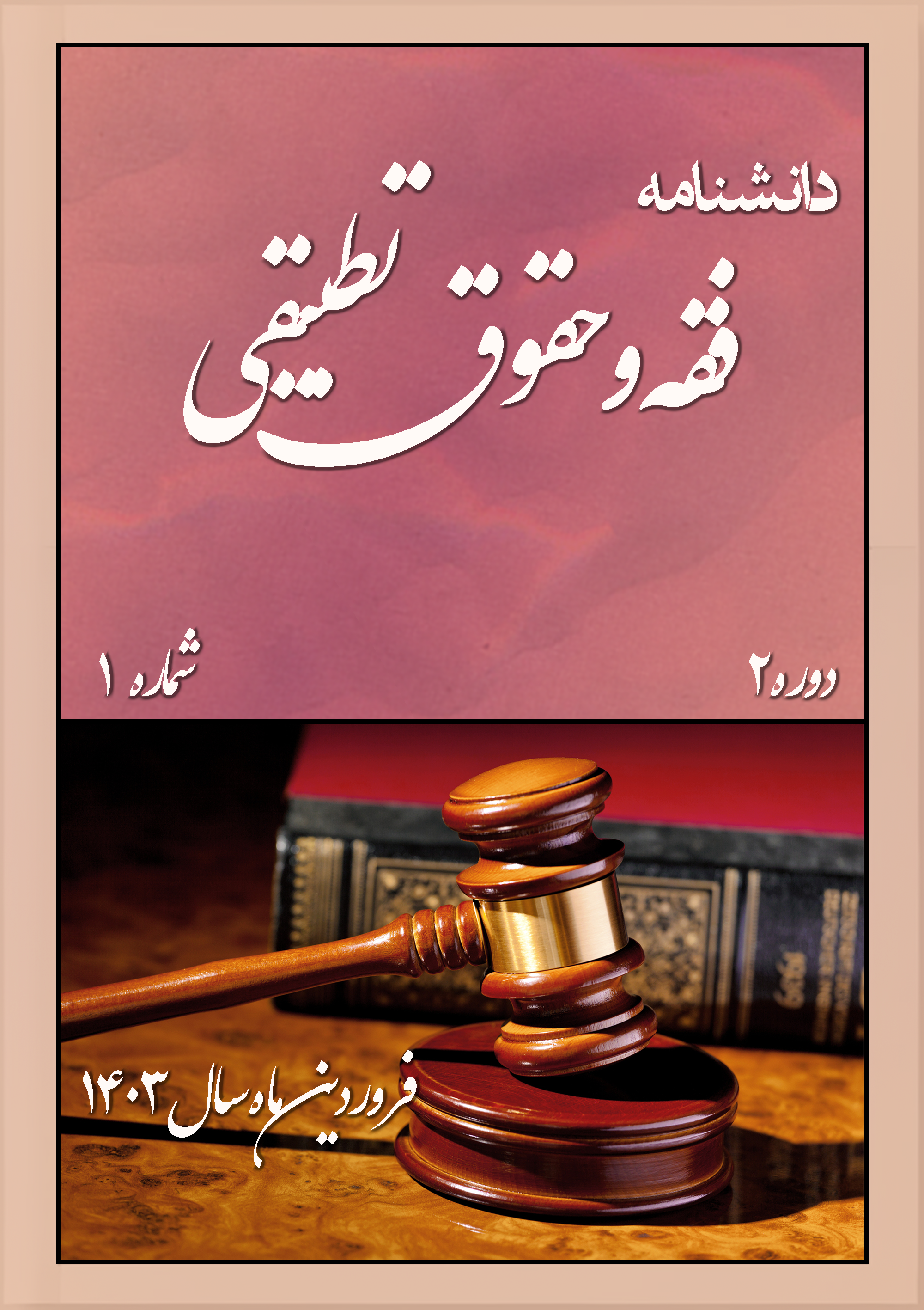The Role of Distributive Justice in the Allocation of Natural Resources from the Perspective of Islamic Sharia
Keywords:
Distributive justice, Islamic Sharia, natural resources, sustainable management, jurisprudential principles, equitable distribution, sustainable developmentAbstract
Distributive justice, as one of the fundamental principles of Islamic Sharia, plays a critical role in the management and allocation of natural resources. This article provides a comprehensive analysis of the concept of distributive justice from the perspective of Islamic Sharia and its connection to natural resource allocation. Drawing upon primary Islamic sources, including the Quran, Sunnah, and jurisprudential principles, key tenets such as equitable distribution, prohibition of hoarding, and the principle of "no harm" are examined for their significance in reducing social inequalities and preserving the environment. The findings indicate that Islamic Sharia not only offers an ethical framework but also serves as a practical and executable system for sustainable resource management. By considering the rights of both current and future generations, Sharia prohibits unjust exploitation of natural resources and proposes practical mechanisms to reduce monopolization and ensure equitable access. Moreover, a comparative analysis with non-Islamic legal systems highlights the Islamic perspective's superior focus on justice and sustainability, making it a robust solution to contemporary challenges in resource management. This research underscores the importance of integrating Islamic principles into policymaking and offers recommendations for achieving social justice and sustainable development.










